“To me, a lush carpet of pine needles or spongy grass is more welcome than the most luxurious Persian rug” – Helen Keller
The smell, the feel, and the look of natural grass stimulates all our senses and if we listen carefully, we can hear the grasshoppers and the various denizens of the insect world on a balmy autumn evening. However, with the strain on water resources, people are now looking at Astroturf as an alternative to natural grass. I will discuss Astroturf as an alternative at the end of the series.
In the previous post, we discussed the kinds of grass, how to lay them, and mowing the grass. We will discuss fertilizers and pesticides in this post now as a proper balance of them will keep your lawn lush and green. Most of the inputs on natural grass lawns are from a dear friend and natural grass expert Kauser Ismail.
Fertilizer- types & timing
Use NPK blue granules after every mowing. The proportions are 12-12-17. Use a lower quantity in summer perhaps half strength. Make sure to deep water after scattering the granules.
White Urea can be used as it is basically pure nitrogen, but only when the weather cools down completely, perhaps in late winter. Because high nitrogen can burn roots use sparingly just about once a month during the coldest time in the GULF. Please do not use this over the summer as it will burn the grass. Instead ferment your grass clipping in a drum, or tall plastic bucket for three days and use that to water the grass.
You can use a 20-20-20 balanced fertilizer(called Compo or Sangral) at the start of the season in mid-September provided temperatures drop below 38 degrees centigrade.
All of the above are granular. Make sure it’s evenly distributed
Please apply a mix of urea & blue NpK once a month during the cooler months
Using ammonium sulfate helps to remove thatch – this is again granular & used only or max twice during the cooler weather ( Dethatching I will discuss in detail in the next post)
An excess of any of these fertilizers will burn the grass even in the cooler months so exercise caution. Less is more
After de-thatching & aerating fertilize with any liquid fertilizer – Biovita from Shalimar is excellent. Apply 2 ml per litre of water once every 10 days.
Avoid Baldiya( this is the fertilizer made by the municipality from sewage. While very fertile completely avoidable) – the stench is unbearable & results in weed infestation
Pests and Pesticides
Just like our plants, grass has its own pests. Slugs & snails are common problems. If you see a burnt patch, deep water & you will find the slugs coming out. When you notice the Hoopoe bird on your lawn you can be sure they are hunting for food. Yes, they do aerate the lawn but it’s a sign that pest control is needed.

Merit Turf is the best product for slugs. Sprinkle it over the turf & deep water it
Last year I had a major snail infestation. Merit turf did not work. Egg shells, coffee, copper wire, DE none of them helped. What worked wonders is Slug & Snail Bait.
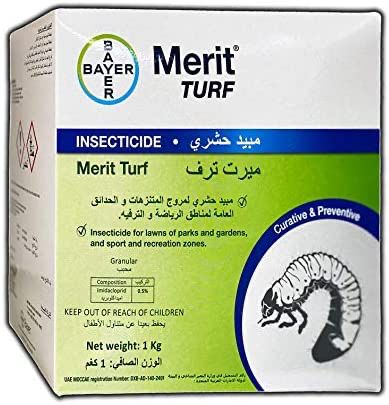
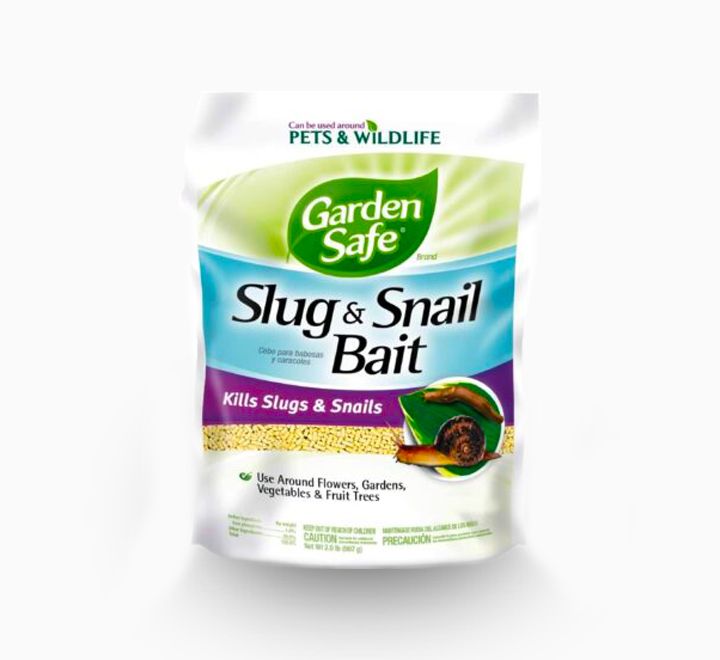
Remember when you see snails it’s a sign of overwatering so adjust your irrigation and make sure you remind your gardeners to hold off the water.
And for mosquitoes & flies regularly spray Ritmus or Plinto. It also helps to keep slugs away
Do not ever use salt to kill slugs as it will destroy the grass.
To get a complete picture of the kinds of grass and tips on mowing, please refer to the post Lush Lawns-Care and Troubleshooting Part I

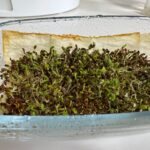
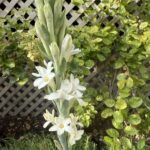
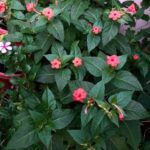
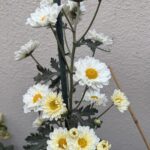

One Response
Hello there! I simply want to offer you a huge thumbs up for the great information you have here on this post. I will be coming back to your web site for more soon.